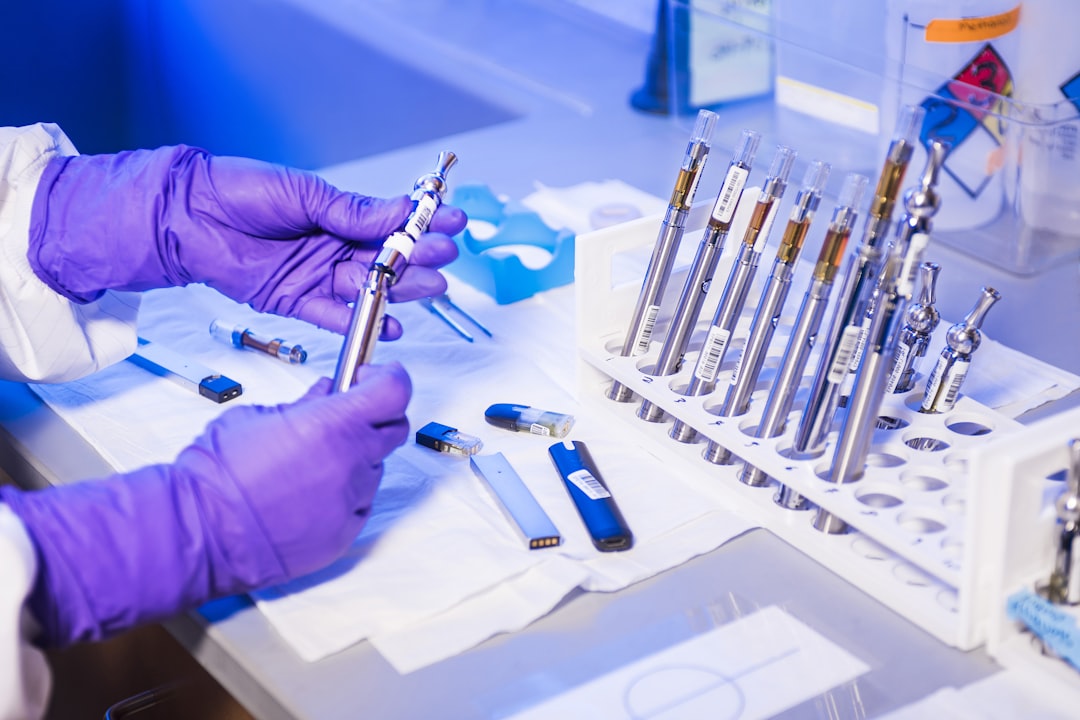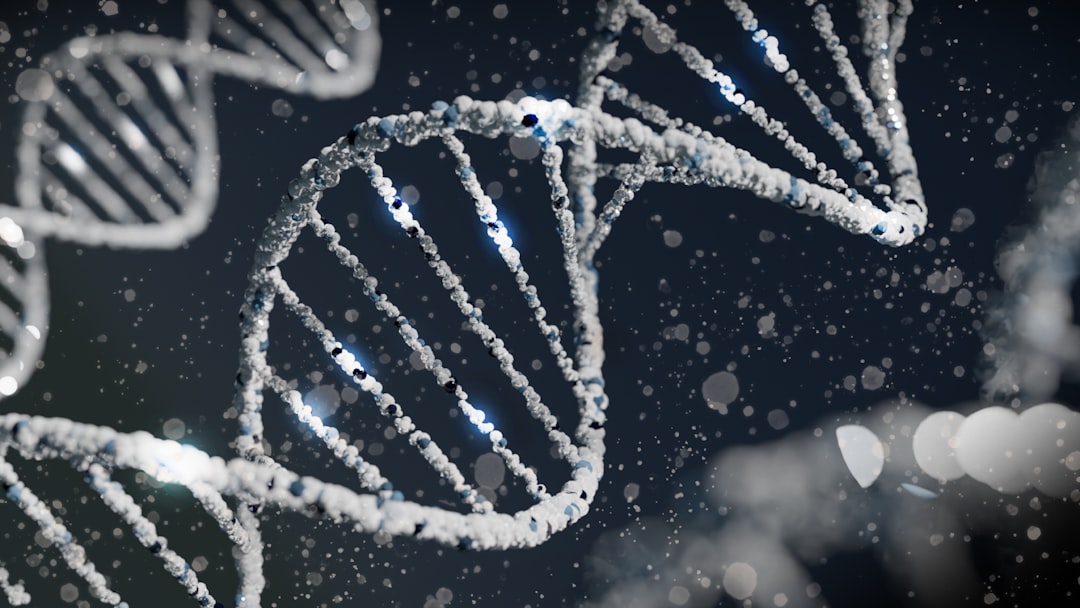What is it about?
Uterine carcinosarcomas (UCS) are a rare type of cancer composed of two different types of cells. While there is some understanding of the factors that affect the prognosis of UCS, there is limited research on the impact of biomarkers in this type of cancer. This study aimed to evaluate the prevalence and prognostic impact of four biomarkers in UCS using a technique called immunohistochemistry. The researchers analized tissue samples from 57 UCS patients who had undergone surgery and chemotherapy. They looked at the expression of four biomarkers (L1CAM, CDX2, p53, and microsatellite instability markers) using immunohistochemistry. The results showed that L1CAM was negative in about half of the patients, while some patients had weak, moderate, or strong L1CAM staining. Only a small percentage of cases had abnormalities in microsatellite markers. Aberrant expression of p53 was found in a quarter of the tumors, and CDX2 was positive in a few patients. The three-year survival rates for the overall UCS population were low, indicating poor prognosis. Further analysis revealed that the presence of metastases and CDX2 positivity were significantly associated with worse progression-free survival and overall survival. In conclusion, the study suggests that CDX2 may have a strong influence on the prognosis of UCS, but more research is needed to understand this relationship better. The impact of other biomarkers on survival was difficult to assess due to biological or molecular variations.
Featured Image

Photo by National Cancer Institute on Unsplash
Why is it important?
Our study have been conducted on a rare type of cancer called uterine carcinosarcoma to understand how certain biomarkers affect the prognosis (outlook) of the disease. We found that one particular biomarker called CDX2 may have a significant impact on the prognosis of UCS. However, more research is necessary to fully understand this relationship. The study also faced challenges in assessing the impact of other biomarkers on survival due to differences in biological or molecular characteristics among patients.
Perspectives
Uterine carcinosarcomas (UCS) are rare tumors that consist of a mixture of aggressive cancerous and sarcomatous cells. While some factors that predict prognosis in UCS are well-known, there is limited research on the impact of biomarkers in this disease. This study focused on several biomarkers to understand their association with prognosis. The L1-cell adhesion molecule (L1CAM) and the Caudal-related homeobox transcription factor 2 (CDX2) are two biomarkers that have shown potential prognostic value in other types of cancer but have not been extensively studied in UCS. Mutated TP53 genes and Microsatellite Instability are other biomarkers that could provide valuable prognostic information. The study examined these biomarkers using a technique called immunohistochemistry and found that advanced stage and incomplete removal of the tumor were associated with poorer prognosis. Interestingly, the presence of CDX2-positive cells, although rare, was strongly linked to worse prognosis. Overall, the study sheds light on potential biomarkers that could help in predicting outcomes in UCS, but further research is needed to validate these findings and develop clinically useful tools for managing the disease.
Jesse Lopes da Silva
Brazilian National Cancer Institute
Read the Original
This page is a summary of: Exploring biomarkers and prognostic factors in uterine carcinosarcoma: An insight into L1CAM, CDX2, p53, and MSI status, PLoS ONE, May 2023, PLOS,
DOI: 10.1371/journal.pone.0285447.
You can read the full text:
Contributors
The following have contributed to this page










